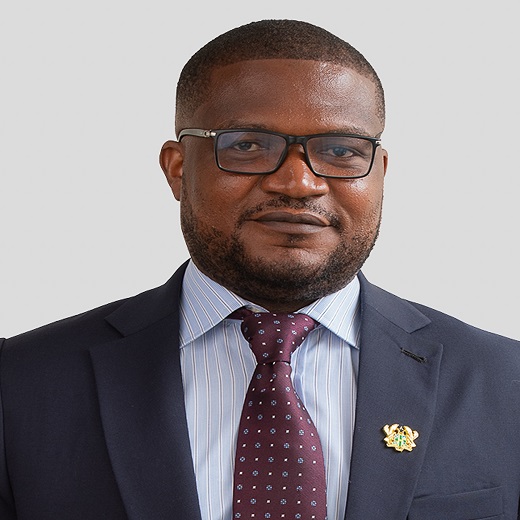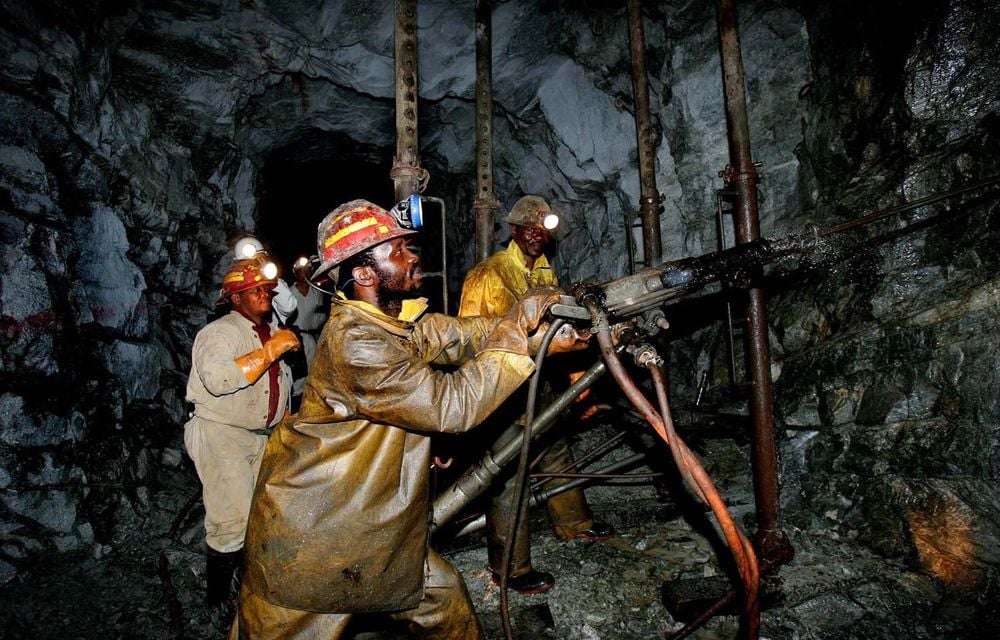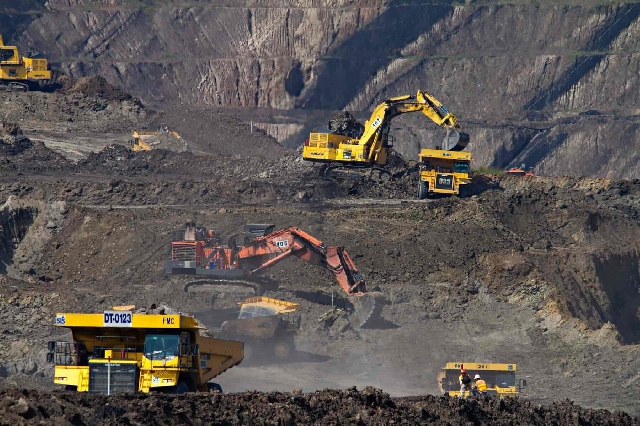The Acting Chief Executive of the Minerals Commission, Isaac Andrews Tandoh, has defended the government’s planned review of Ghana’s mining laws, describing the reforms as consistent with international best practices and necessary for the country’s long-term development.
In an interview, Mr. Tandoh insisted that Ghana’s move to update its mining and minerals regulations aligns with global trends in resource governance.
“What Ghana is doing now is not out of place, as most gold-rich countries are all reviewing their laws and regulations.”
Isaac Andrews Tandoh, Acting Chief Executive of the Minerals Commission
His comments come in the wake of strong concerns raised by the Ghana Chamber of Mines, which has cautioned that proposed amendments could discourage new investment and limit the lifespan of mining operations.

The debate follows recent remarks by the Minister for Lands and Natural Resources, Emmanuel Armah-Kofi Buah, who revealed at a Government Accountability Series that the administration is preparing sweeping reforms to the Minerals and Mining Act, 2006 (Act 703) and the 2014 Minerals and Mining Policy.
According to the Minister, the reforms are aimed at ensuring that the country’s mineral wealth including gold, diamonds, bauxite, iron ore, and salt translates into sustainable development for all Ghanaians, particularly those in mining communities who directly experience the environmental and social impacts of extractive activities.
The Minister stressed that the government is committed to balancing investment attraction with equitable benefits for host communities.
Industry Concerns Over Financing

Some major mining companies operating in Ghana have privately told JoyBusiness that they fear the proposed reforms could make it harder to raise financing for new or ongoing projects.
They argue that investors typically favor longer lease periods, which guarantee operational certainty and allow them to recoup their investments over time.
However, Mr. Tandoh dismissed suggestions that the reforms would cripple the industry, insisting that Ghana remains committed to providing a stable and competitive investment climate.
He said, “Some of these fears are not well grounded,” adding that extensive consultations with industry stakeholders have already been held.
Mr. Tandoh rejected claims that mining companies were being sidelined in the reform process.

“We have engaged them, but have not finalized things. Government is committed to ensuring that all their issues are addressed.”
Isaac Andrews Tandoh, Acting Chief Executive of the Minerals Commission
He revealed that stakeholder engagement on the proposed changes is about 99 percent complete, with a few outstanding matters to be addressed before the final draft of the revised legislation is sent to Parliament.
On the controversial proposal to phase out development agreements, Mr. Tandoh explained that existing contracts would not be affected.
“Current developments have shown that we don’t need stability or development agreements now.
“However, this will affect fresh agreements and not the ones that already have a deal with government.”
Isaac Andrews Tandoh, Acting Chief Executive of the Minerals Commission
Balancing Global Practice with Local Needs

The Minerals Commission chief maintained that Ghana’s reforms are not designed to scare off investors but rather to ensure fairness, transparency, and community participation.
By aligning its policies with international practice, he argued, Ghana is positioning itself to manage its resources more responsibly while safeguarding long-term national interest.
“The objective is not just about extraction but about building an equitable mining sector that delivers for investors, communities, and the country at large.”
Isaac Andrews Tandoh, Acting Chief Executive of the Minerals Commission
As Parliament prepares to debate the amendments in the coming months, the mining industry and government will continue to navigate the delicate balance between investor security and Ghana’s developmental priorities.
READ ALSO: Investors Snub T-Bills As Government Struggles to Raise GH¢6.7bn, Settles for GH¢3.2bn



















